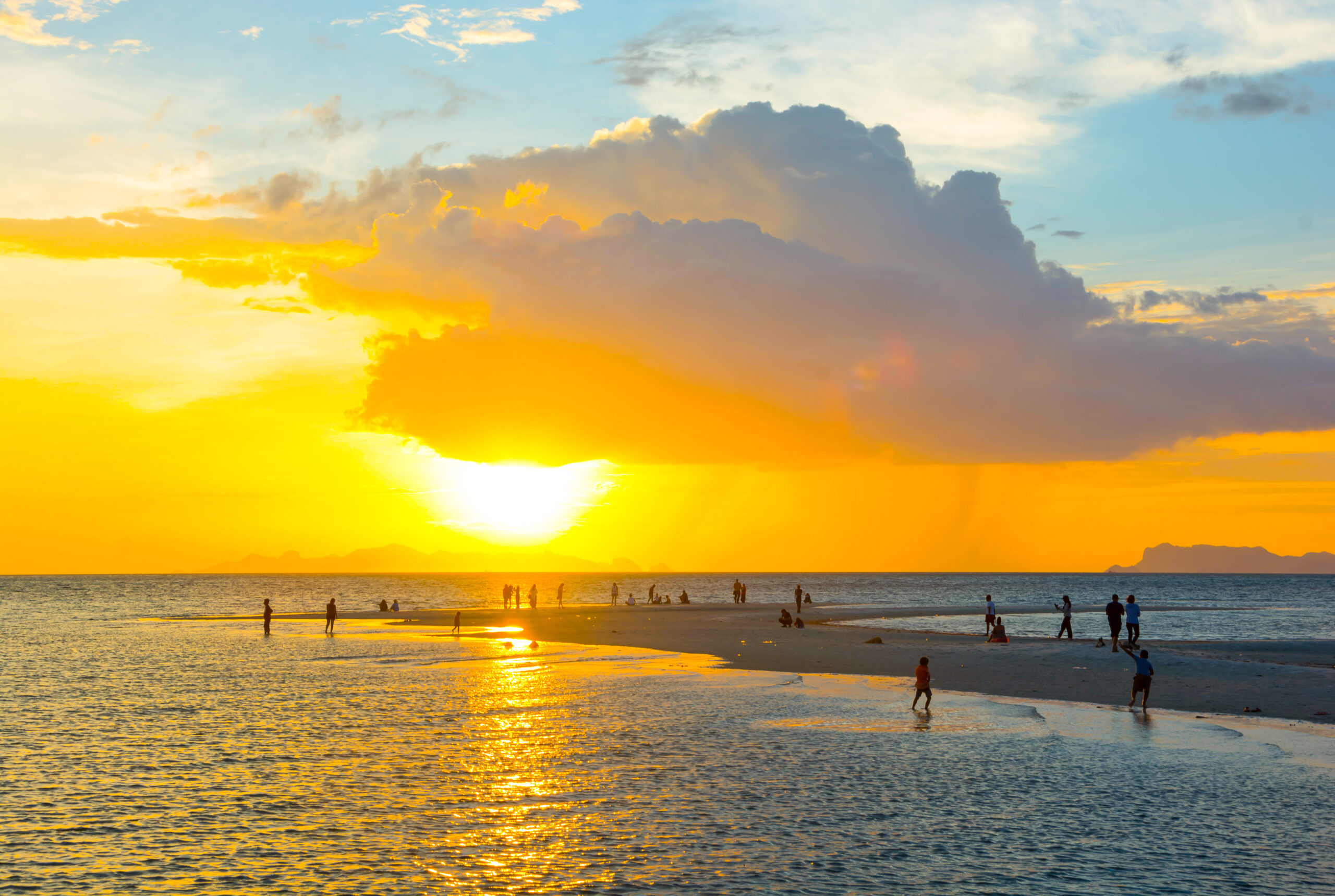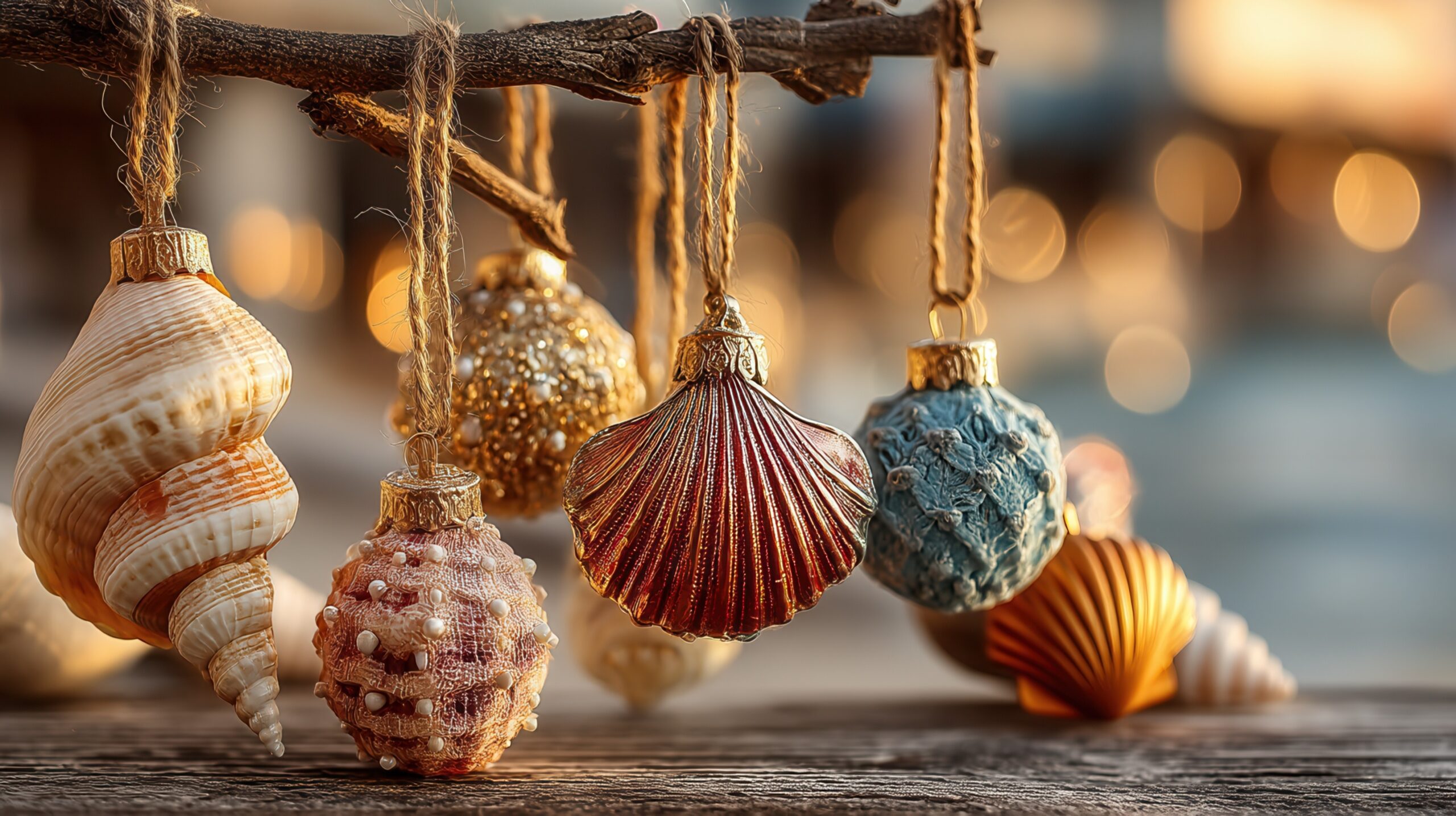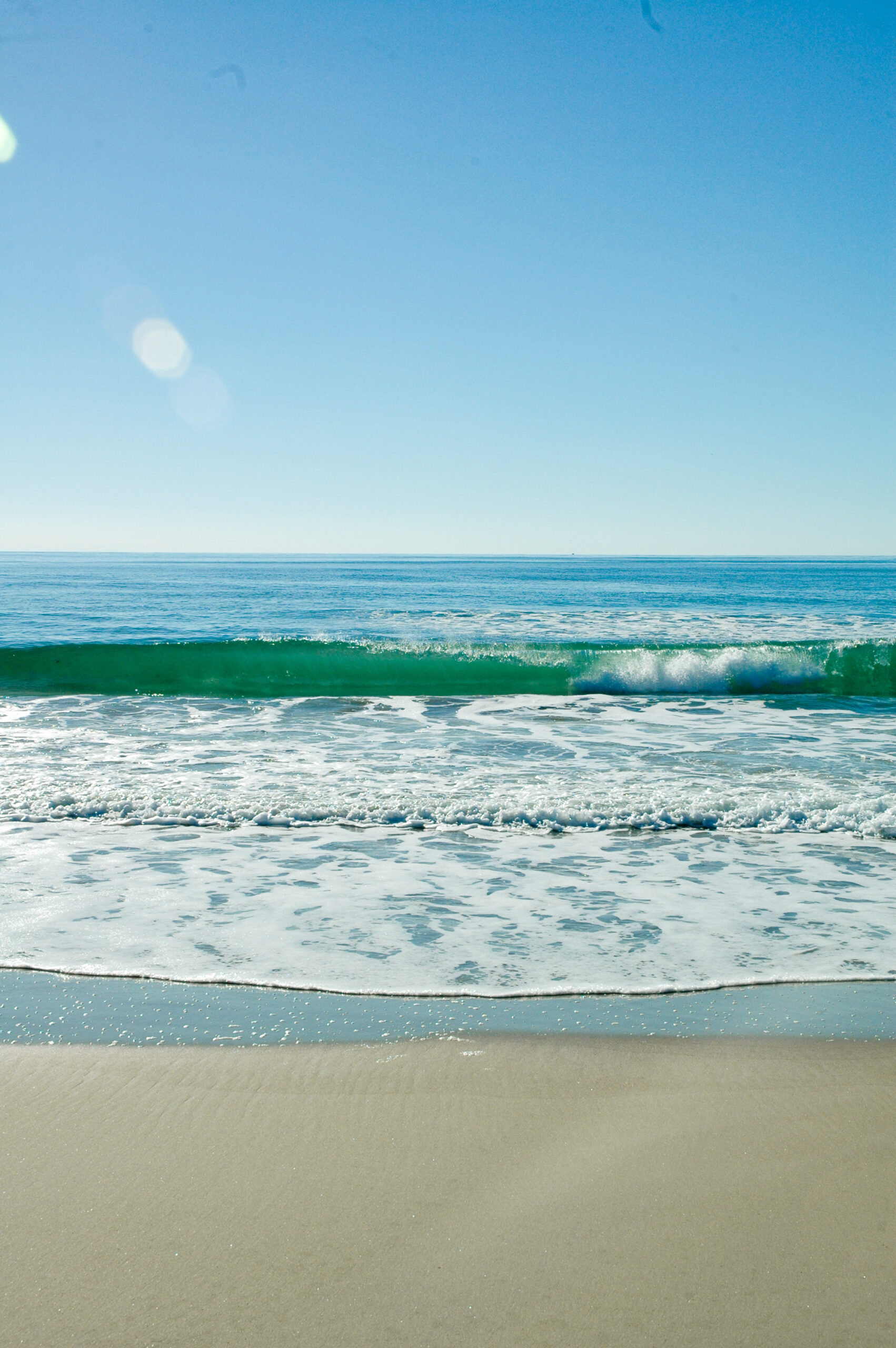08/18/2020
A little Google search will explain that Social Studies is the study of people in relation to each other and their world. It is composed of five components, which are Geography, History, Culture and Society, Civics and Government and Economics. We’ve taken each of these components and broken them down in a way that you could make them relevant to your trip to Hatteras Island.
Social Studies on Hatteras Island
HATTERAS GEOGRAPHY
What better place to study geography than on a barrier island?! According the National Park Service, “Cape Hatteras National Seashore, the nation’s first national seashore, was established to preserve significant segments of unspoiled barrier islands along North Carolina’s stretch of coast along the Atlantic Ocean. Barrier islands are narrow, low-lying, dynamic landforms which parallel ocean coasts, are separated from the mainland, and are constantly moving and reshaping in response to storms, ocean currents, sea level changes, and wave and wind action. These processes continue to influence the islands today through the processes of erosion and accretion of the shoreline; overwash across the islands; and the formation, migration, and closure of the inlets.”
The unique nature of the island in comparison to the mainland provides a completely different living experience for its inhabitants. Due to its location in the Atlantic, surrounded by water, the elements are much harsher in the winter months, but the compromise is the heightened beauty found in the shoulder seasons and summer months. The best way to learn the geography and topography of the island are to walk it. Walking around the beach, sound sides and maritime forest, take in the different types of sand structures, wave patterns and plants. Collecting materials on your adventures to create maps of the island will put everything in perspective.
HATTERAS HISTORY
There is no lack of history on Hatteras Island. Visit the Graveyard of the Atlantic Museum in Hatteras Village to learn about the lives lost to the shoals off of our shores or walk he grounds of the Cape Hatteras Lighthouse, the beacon built to save watermen from running aground on said shoals. Learn about the lightkeepers and their lives on the grounds as they weathered the squalls that often took our island by storm and stop by the Chicamacomico Life Saving Station to learn about the men who dedicated their lives to saving those in peril as they battled the harsh elements of the Atlantic Ocean. Bonus lesson (curriculum included) for kids in upper elementary: PIRATES, courtesy of the National Park Service. Second bonus lesson (curriculum included) for kids in middle school: Little Kinnakeet Life-Saving Station: Home to Unsung Heroes, courtesy of the National Park Service.
HATTERAS CULTURE & SOCIETY
Fishing has always been one of the main industries to support the Hatteras Island way of life. Walk to the docks to spot a commercial fisherman’s catch and talk to the boat captains about the challenges they face trying to make a living under the stressors of largely regulated fisheries among other obstacles, such as weather, which also has a huge impact on the islander’s way of life. Drop by the US Weather Bureau Station in Hatteras Village to learn about the days when islander’s found out about impending storms by boat or word of mouth, and the island’s various weather observers that took up residence in the weather stations, studying patterns and often warning the island’s inhabitants of dangerous storms approaching.
Nearly an hour and a half from the nearest Walmart, but also a resort destination, discuss the challenges living on both a remote and seasonal island can bring about and how it’s a different way of life from living on the mainland, with a culture quite different than those just hours away.
CIVICS & GOVERNMENT
It’s an election year. We’re also in the midst of a global pandemic. If you’re here Coastal Distance Learning, then this is as simple as a conversation with your child(ren) about how our government has handled the pandemic on a federal, state and local level, and how that has impacted their lives, all the way down to their schooling.
ECONOMICS
The economy has been a huge talking point during the pandemic, but the stressors of real-life finances may not be something you want to think about while also in vacation mode. Lessons in economics can also be taught while dining out, grocery shopping or souvenir shopping.






